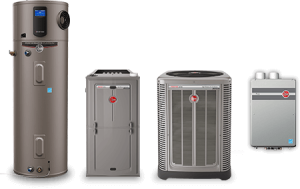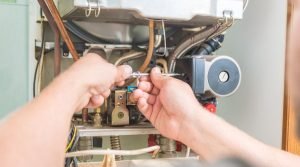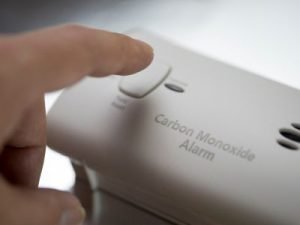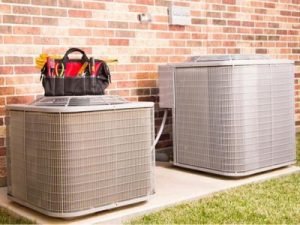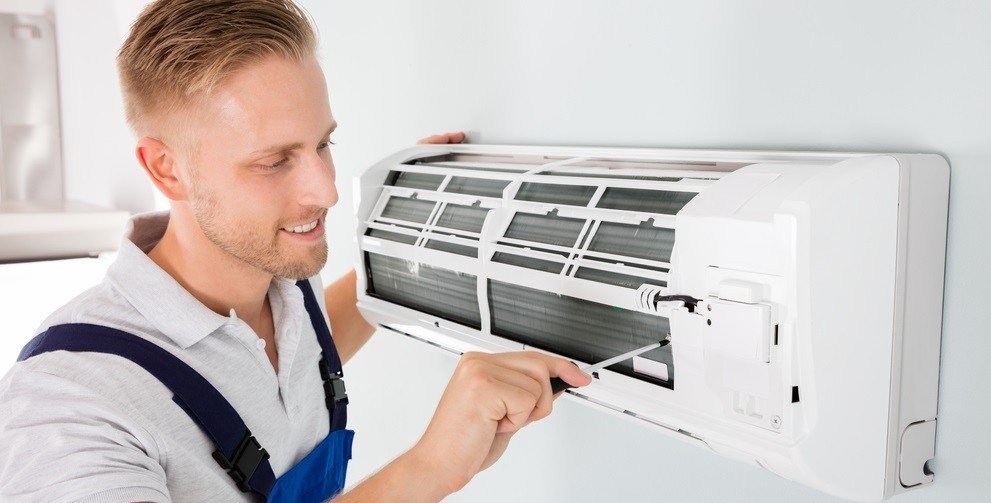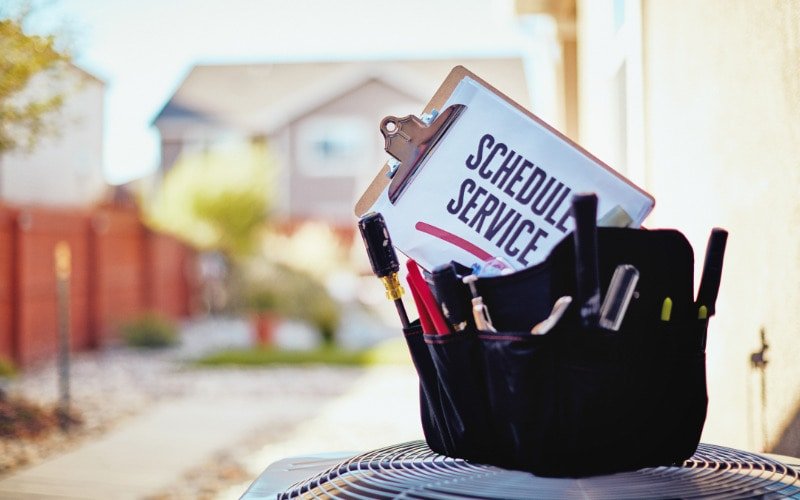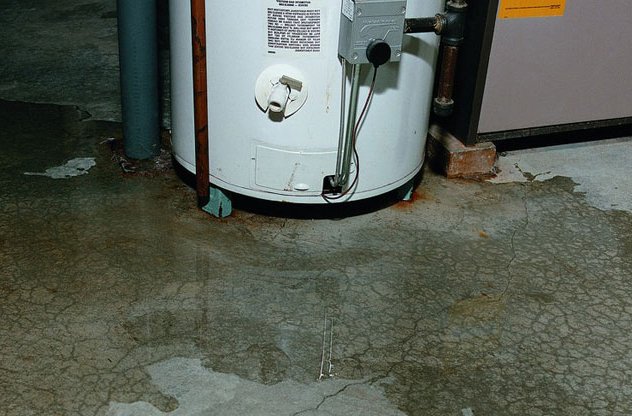Home Emergencies: 3 Reasons Why You Need A HVAC Team On Your Side.
With global warming and rising temperatures, we have erratic weather patterns ranging from shivering cold to scorching heat. Therefore, HVAC systems have become part and parcel of our life. Most of the time, we tend to ignore our HVAC systems at our homes and offices. We take these sophisticated types of machinery for granted until any problems arise.
Do you face problems with your air-conditioning or ventilation when it’s unbearably hot? Does a flaw in your heating system make you shiver in the cold? One goes through such situations often and our complacency leads to an escalation of a simple issue. Facing your HVAC systems’ problems may accentuate the need to have a reliable HVAC team at your side.
Let’s look at the three HVAC emergencies and understand the significance of having an HVAC team just a call away when the need arises.
When The Refrigerant Leaks
Air conditioners have a coolant that absorbs the ambient heat and circulates cool air in the system atmosphere. This is called a Refrigerant. The refrigerant line acts as a connector between the compressor forming the part of the outdoor unit and the Evaporator that is in the form of electrical coils forming the part of the indoor unit.
Sometimes, a hole may occur in the refrigerant line, due to which the refrigerant escapes. A refrigerant line, if damaged, can adversely affect the cooling capacity of the air conditioner and is harmful to the System as a whole. Since the refrigerant, which is responsible for cooling, continuously escapes due to the leak in the Refrigerant Line, the cooling capacity is decreased. Therefore, it becomes imperative to frequently turn the cooling on. This leads to overworking of the compressor and the electrical coils. Due to increased working, the compressor gets too hot and is damaged. Additionally, the electrical coils also get spoiled, and their functionality is irreparably damaged. There are also ice crystals that consistently keep on piling up on the refrigerant lines.
The refrigerant leak does not only deteriorate your air-conditioning system, but it also leads to an exorbitant rise in your electricity bill since you are using more of the AC system without getting the required cooling. Refrigerants also may lead to life-threatening health effects if their constituent (Freon gas) is inhaled for a long time.
Therefore, it is important to know the early signs of a refrigerant leak.
Firstly, if you notice that the air conditioner is not cooling properly and you can feel warm air near the vents, there is likely a refrigerant leak.
Secondly, if there is ice piling up on the refrigerant lines, then the refrigerant may be leaking.
Thirdly, if you hear any hissing noises near the refrigerant line, you may interpret it as a refrigerant leak.
You must be alert regarding any possible refrigerant leak. Therefore, checking the coils, compressor, and refrigerant line are important. Early detection may lead to the early resolution of the problem. Therefore, one must have an HVAC team on their side.
Gas Leakage
If your house uses Natural gas as a fuel to power the heating system, there is always a risk of a gas leak. A gas leak can lead to breathing ailments and also explosions if it goes undetected for a long time.
It is, therefore, important to know how to identify a gas leak. The easiest way is through smell. If you smell rotten eggs like odors or a smell of gas, then you can be certain of a gas leak. Sometimes, if you listen carefully, you may even listen to a faint hissing sound of gas escaping into the environment.
If you detect a gas leak in the house, cut off the electricity immediately and move out of the house. It is important to note not to use mobile phones during the gas leak situations as it can prove to be quite dangerous. Then contact an experienced HVAC team to fix the issue.
Ventilation Woes
Ductworks may suffer from damages causing ventilation issues at your home. If there is any hindrance in the system’s air ducts caused by dust or fallen insulation, then the ventilation of the house is adversely affected. The cool and conditioned air cannot flow freely into the ambient atmosphere as it faces obstructions in the air duct. The ducts can also have a hole and start leaking. The air vents can also get blocked, thus hindering the arrival of fresh air into your room. The blockages in the air vents can be because of any furniture blocking the air or any debris getting deposited in the air duct.
Several signs may point toward some ventilation issues.
Firstly, if your cooling unit is overrunning, this may indicate ventilation troubles. This is because when the ventilation is affected, more cooling may be required to be comfortable.
Secondly, if there is unevenness in the ambient temperature, it may be due to blockages in the ductwork.
Thirdly, if the ambient air is not fresh and you may feel slightly suffocated, it may be because of ventilation-related issues.
Therefore, it is advised to check the vents and air ducts routinely to detect any obstruction in the ventilation system. If that is the case, either try to clear the blockage or contact the HVAC team to resolve the issue.
Conclusion
HVAC is an integral part of our everyday life. The HVAC system helps us lead a comfortable life. While they serve many benefits to their users, these systems must be kept properly, and any unusual behavior must be detected as soon as possible and reported to an HVAC team. A professional HVAC team will help in fixing your issues and, at the same time, minimizing the loss and damages. Thus, it is not only advisable but imperative to have an HVAC team on your side to rescue you from such discomforts and potentially hazardous situations. Keep a proficient HVAC team just a call away in case you ever need any help!









